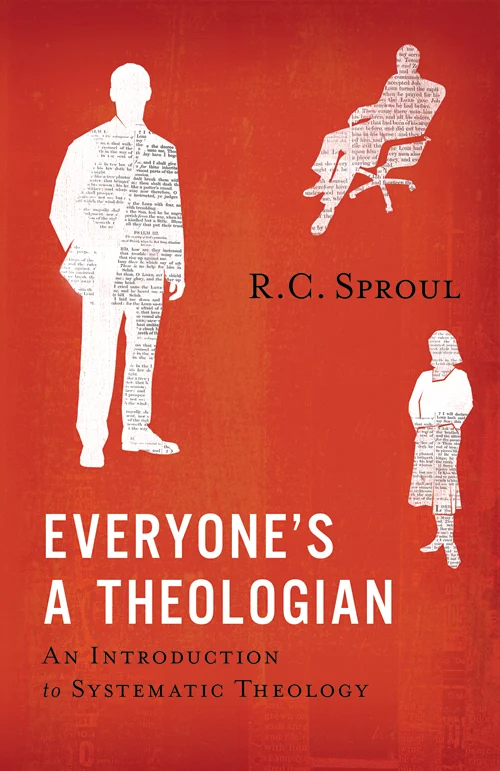The Sources of Systematic Theology

The principal source for the systematic theologian is the Bible. In fact, the Bible is the primary source for all three theological disciplines: biblical theology, historical theology, and systematic theology.
Biblical Theology
The task of biblical theology is to consider the data of Scripture as it unfolds over time, and this work serves as a source for the systematic theologian. A biblical scholar goes through the Scriptures and studies the progressive development of terms, concepts, and themes in both the Old and New Testament to see how they are used and understood over the course of the history of revelation.
A problem in seminaries today is a method of doing biblical theology called "atomism," in which every "atom" of Scripture stands alone. One scholar might decide to limit himself to studying only Paul's doctrine of salvation in Galatians, while another focuses exclusively on Paul's teaching on salvation in Ephesians. The result is that each comes up with a different view of salvation—one from Galatians and another from Ephesians—but there is a failure to examine how the two views harmonize. The presupposition is that Paul was not inspired by God when he wrote Galatians and Ephesians, so there is no overarching unity, no coherence, to the Word of God. In recent years, it has been common to hear theologians claim that we find not only differences in theology between "early" Paul and "late" Paul, but also as many theologies in the Bible as there are authors. There is Peter's theology, John's theology, Paul's theology, and Luke's theology, and they do not fit together. That is a negative view of the coherence of Scripture, and it is the danger when one focuses only on a narrow piece of the Bible without at the same time considering the whole framework of the biblical revelation.
Historical Theology
The second discipline, another source for systematic theology, is historical theology. Historical theologians look at how doctrine has developed in the life of the church historically, primarily at crisis points—when heresies emerged and the church responded. Theologians today become frustrated when so-called brand-new controversies arise in churches and seminaries, because the church has experienced each of these seemingly fresh theological disputes time and time again in the past. The church historically has met in councils to settle disputes, such as at the Council of Nicea (AD 325) and the Council of Chalcedon (AD 451). Studying those events is the function of historical theologians.
Systematic Theology
The third discipline is systematic theology. The systematician's job is to look at the source of biblical data; the sources of the historical developments that come through controversies and church councils and their subsequent creeds and confessions; and the insights of the great minds with which the church has been blessed over the centuries. The New Testament tells us that God in His grace has given teachers to the church (Eph. 4:11–12). Not all teachers are as astute as Augustine, Martin Luther, John Calvin, or Jonathan Edwards. Such men do not have Apostolic authority, but the sheer magnitude of their research and the depth of their understanding profit the church in every age. Thomas Aquinas was called "the doctor angelicus," or "the angelic doctor," by the Roman Catholic Church. Roman Catholics do not believe that Aquinas was infallible, but no Roman Catholic historian or theologian ignores his contributions.
The systematician studies not only the Bible and the creeds and the confessions of the church, but also the insights of the master teachers that God has given throughout history. The systematician looks at all the data—biblical, historical, and systematic—and brings it together.


